T4K3.news
Flossing after meals tied to heart brain health
A doctor promotes post meal flossing as a possible way to lower risks of heart disease and dementia, backed by recent studies.
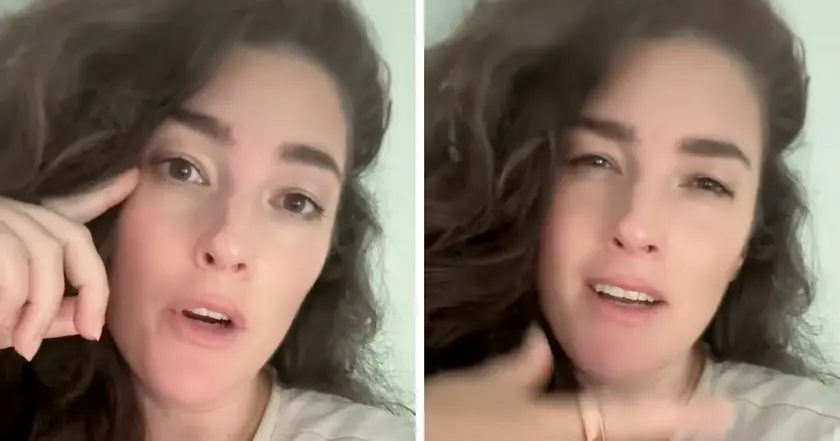
A viral claim ties post meal flossing to lower risks of heart disease and dementia, prompting questions about evidence and policy.
A simple flossing habit linked to serious health claims
A TikTok video from a naturopathic doctor promoted flossing after every meal as a quick habit that could protect against heart attack, stroke and dementia. The post, viewed by tens of thousands, follows broader discussions about how oral health relates to overall wellness. The American Dental Association has long advised flossing at least once a day, while surveys show many people do not floss regularly. Researchers note that gum disease bacteria can enter the bloodstream and may affect other organs, a possibility that underpins some links between oral health and systemic conditions.
Beyond the mouth, studies have begun to map connections between gum health and cardiovascular outcomes. A Norwegian study cited links between gingivitis and brain inflammation, while other research suggests that regular brushing and dental cleanings correlate with lower cardiovascular risk. A study noting lower rates of certain stroke types and atrial fibrillation with flossing has been highlighted by researchers who say the measure is affordable and easy to adopt. The conversation has included calls for health policy considerations, including whether dental care should be covered by insurance in the same way as other medical services.
Key Takeaways
"If you see me flossing after every meal, it’s because I am terrified of a heart attack and dementia"
Direct remark by Dr. Mac in a TikTok video
"Oral health behaviors are linked to inflammation and artery hardening"
Dr. Souvik Sen on the inflammation link
"Flossing is inexpensive and easy to do, making it one of the most accessible preventive measures"
Dr. Souvik Sen on accessibility of flossing
"The public needs to be more aware of the correlation between oral health and cognitive abilities"
Professor Chia-Shu Lin on awareness
The case shows how social media can amplify health claims before they are fully proven. It also highlights the risk of people changing habits based on associations rather than causal proof. Public health messaging should celebrate simple preventive steps, but remain cautious about framing as a cure for major diseases until robust, peer reviewed evidence is available. The debate touches on policy questions about who pays for dental care and how to balance individual responsibility with access to evidence-based care. Readers should weigh individual benefits against the strength of the science and ask for guidance from qualified health professionals.
Highlights
- Flossing after meals could be a simple step with big health implications
- Oral health is a gateway to overall health and should be treated as such
- Small daily habits can move big health outcomes
- Dental care belongs in the health care conversation not on the sidelines
Public reaction and policy questions around dental care
Claims tying oral hygiene to major diseases raise questions about evidence, funding, and how health policy treats dental care. The discussion could affect insurance coverage and public messaging.
Health advice should rest on solid science, not a sensational headline.
Enjoyed this? Let your friends know!
Related News
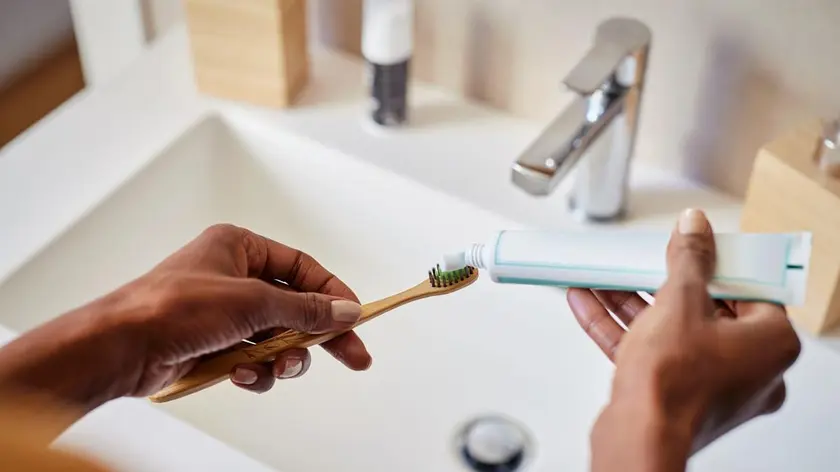
Experts advise optimal timing for brushing teeth
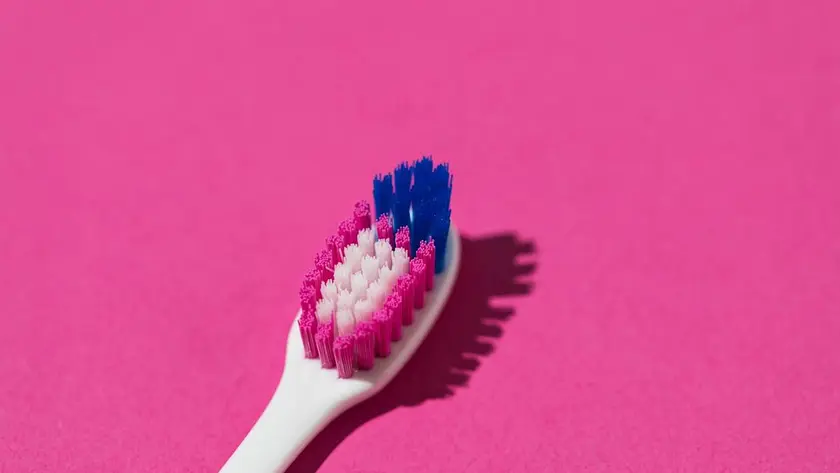
Morning brushing timing clarified by dentists

High Fat Meal Impairs Brain Blood Flow
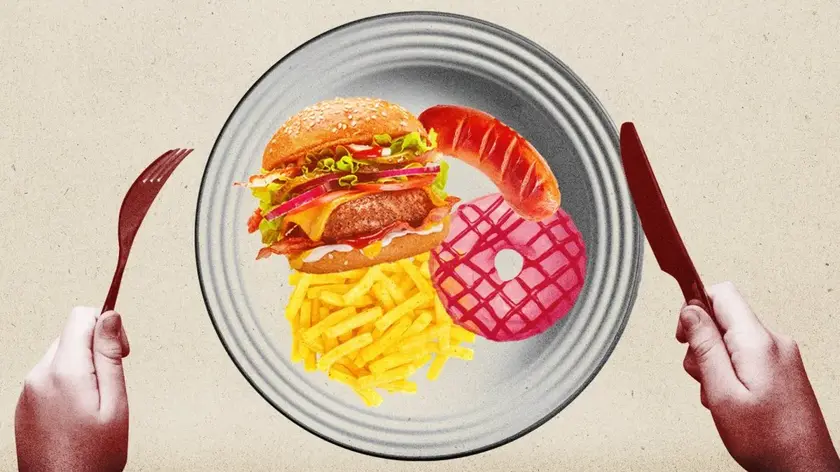
UPFs linked to higher cancer and heart disease risk

Spinach Longevity Feature
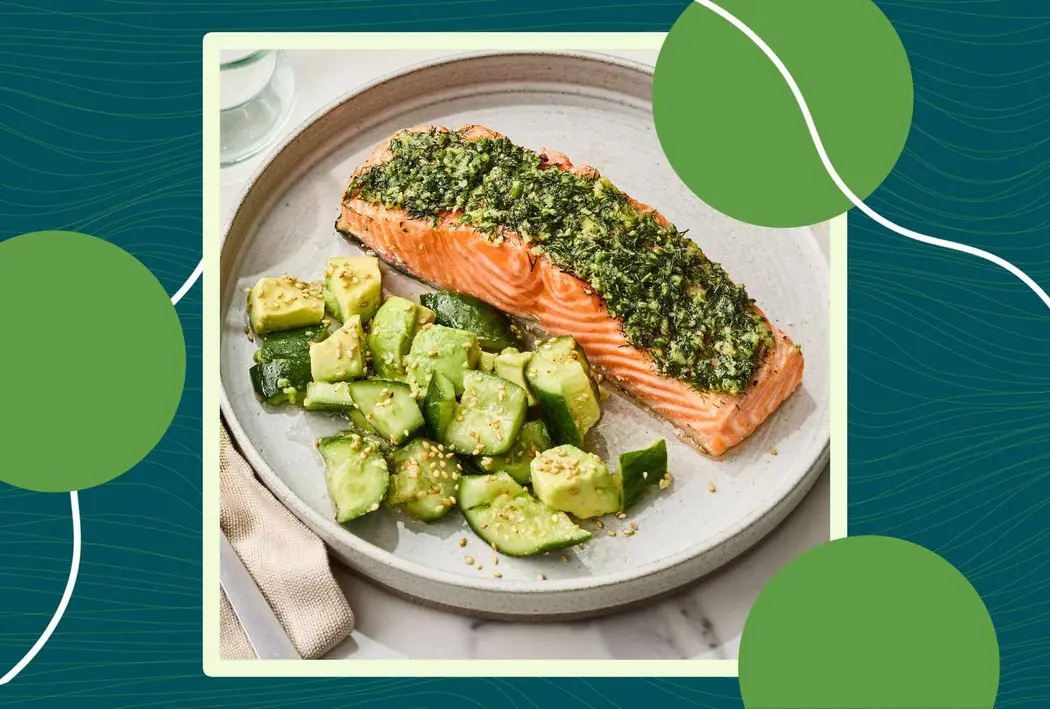
Fatty fish provide major health benefits

MIND Diet Linked to Brain Health

Study on super agers reveals brain traits and social links
